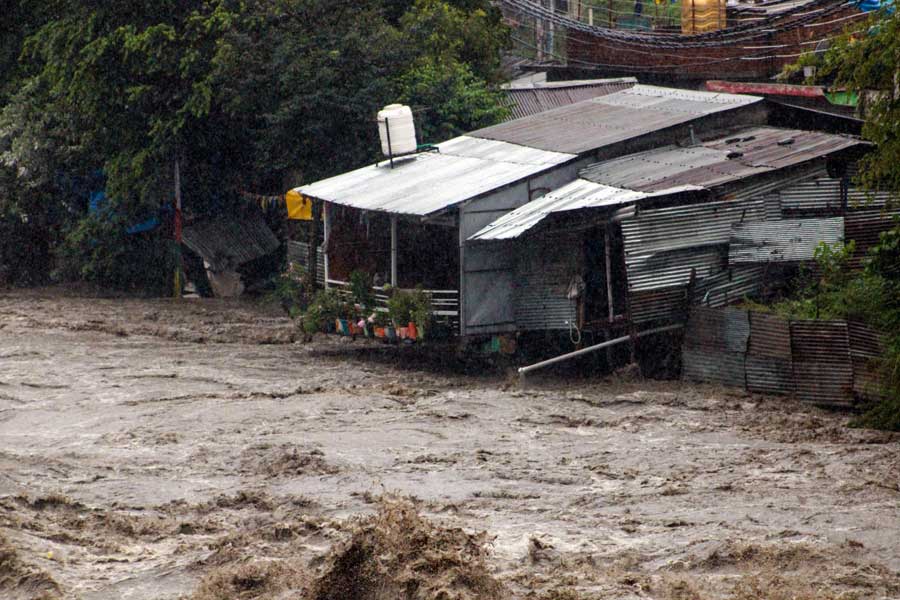Unregulated tourism, along with the clear emergence of extreme weather events facilitated by climate change, has darkened the skies of Himachal Pradesh and Uttarakhand. Both states have been ravaged by floods and landslides in recent times. The ongoing monsoons, the India Meteorological Department has warned, could inflict further damage on the region. The Supreme Court’s announcement of the formation of a multidisciplinary panel comprising experts from government institutes to assess the ‘carrying capacity’ of congested hill stations afflicted by landslides and other disasters needs to be seen in the light of the deepening ecological crisis. Shimla is already at risk; Darjeeling could well be next. The highest court’s enlightening intervention could be the first step towards a re-evaluation of the existing masterplans of development in a region that has been rendered geologically vulnerable by rapid urbanisation, unsustainable construction activities as well as encroachment on ecologically sensitive sites. That an overhaul is urgent cannot be overemphasised. For instance, the Shimla Development Plan, which is before the apex court, does not quite endorse modern climate action plans. Even state governments seem to be stirring — at last. Himachal Pradesh has constituted a committee to examine landslides in Shimla; Uttarakhand has announced comprehensive assessments, including geophysical and geomapping initiatives, of its disaster-prone areas. Care should be taken to ensure that the outcomes of these deliberations are not inimical to local ecologies and that environmentally sound measures are implemented urgently.
But political myopia — resistance — is to be expected: the chief minister of Uttarakhand has refused to put a cap on the number of pilgrim visitors and even dismissed the concerns that arose after the frightening subsidence in Joshimath. Making politicians accountable to environmental imperatives will not be possible unless environmental challenges — India is mired with these — acquire a critical mass in electoral politics. The fact that this is yet to happen proves that Parliament remains unreceptive to the voices from the hinterland. India has witnessed mass mobilisations on the basis of environmental issues but these movements have, more often than not, failed to achieve significant concessions from an indifferent State. This is a blot on Indian democracy. In the West, climate activism is coalescing into an effective political tool. India awaits a similar awakening.










